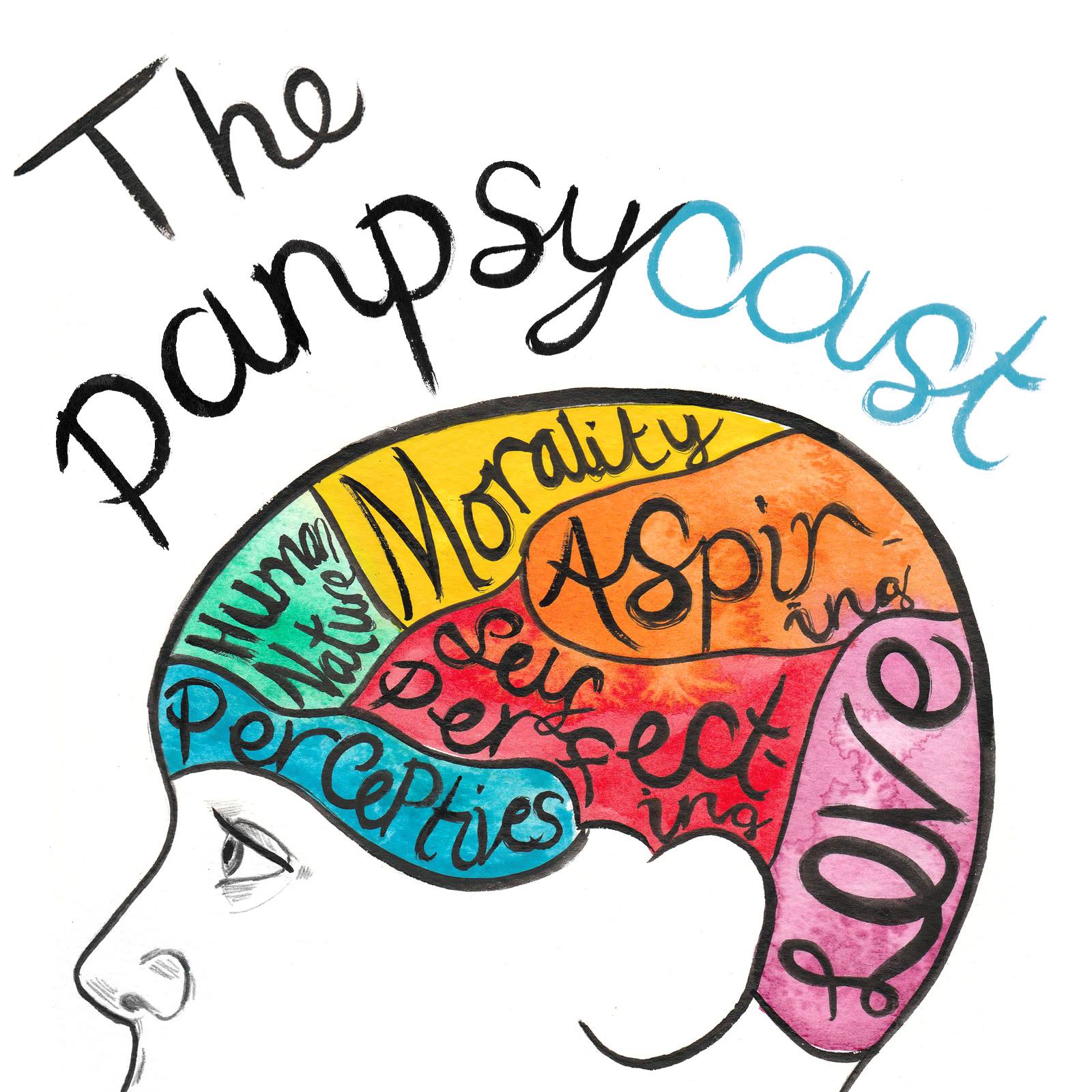Welcome to 'Episode 62 (Part IV of V)', where we'll be discussing the links between Stoicism and CBT.
Imagine you are in an open field which stretches in every direction, further than your eyes can see. Since there is nothing of interest in your immediate surroundings, you set your sights on the horizon. You begin to walk with purpose; long strides eventually break into a run until you are sprinting as fast as you can. After a while, you begin to slow down. Not just because of a lack of breath, but because something doesn’t quite feel right.
Your steps relax to a strolling pace as you turn back to glance at where you started — but it isn’t clear how far you’ve come. You continue walking; at first for hours, then days, and then weeks. Eventually, although the anxiety set in days ago, you come to a stop. No matter how many steps you had taken, the horizon never came any closer. The goal was never realised, regardless of your efforts.
This short passage might tell you something about your own life, or at least a way of thinking which has occupied your mind at one time or another. The horizon in the story is an analogy for instrumental goods. Instrumental goods are those things in life that you want because you believe them to be necessary for your well-being or happiness. A new job or a trip that you’ve always wanted to take, for example.
We think that once we meet these goals, we will somehow achieve happiness as if it was some state which could be reached and maintained forever. But these ideas are sorely misguided. We cannot find and maintain happiness by seeking it in instrumental goods. You see, permanent, unchanging happiness is like the horizon in the story. No matter how hard you work for it, no matter how many promotions you achieve, how many new trips you take, you simply cannot find happiness in this way.
The file size is large, please be patient whilst the podcast buffers/downloads/desires nothing out of its controlContents
Part I. The Context and Life of Epictetus.
Part II. The Discourses and The Enchiridion.
Part III. Modern Stoicism.
Part IV. Cognitive Behavioural Therapy.
Part V. Further Analysis and Discussion.
Links
How to Be Free: An Ancient Guide to the Stoic Life, A. A. Long (Amazon).
A Guide to the Good Life: The Ancient Art of Stoic Joy, William Irvine (Amazon).
Discourses and Selected Writings, Epictetus (Amazon).
Psychotherapy: A Very Short Introduction, Tom Burns and Eva Burns-Lundgren (Amazon).
Meditations, Marcus Aurelius (Amazon).
A Handbook for New Stoics: How to Thrive in a World Out of Your Control, Massimo Pigliucci (Amazon).
How To Be A Stoic: Ancient Wisdom for Modern Living, Massimo Pigliucci (Amazon).
The Happiness Hypothesis: Putting Ancient Wisdom to the Test of Modern Science, Jonathan Haidt (Amazon).
Classical Philosophy: A history of philosophy without any gaps, Volume 1, Peter Adamson (Amazon).
The Partially Examine Life, Episode 124: The Stoic Life with Epictetus (Podcast).

